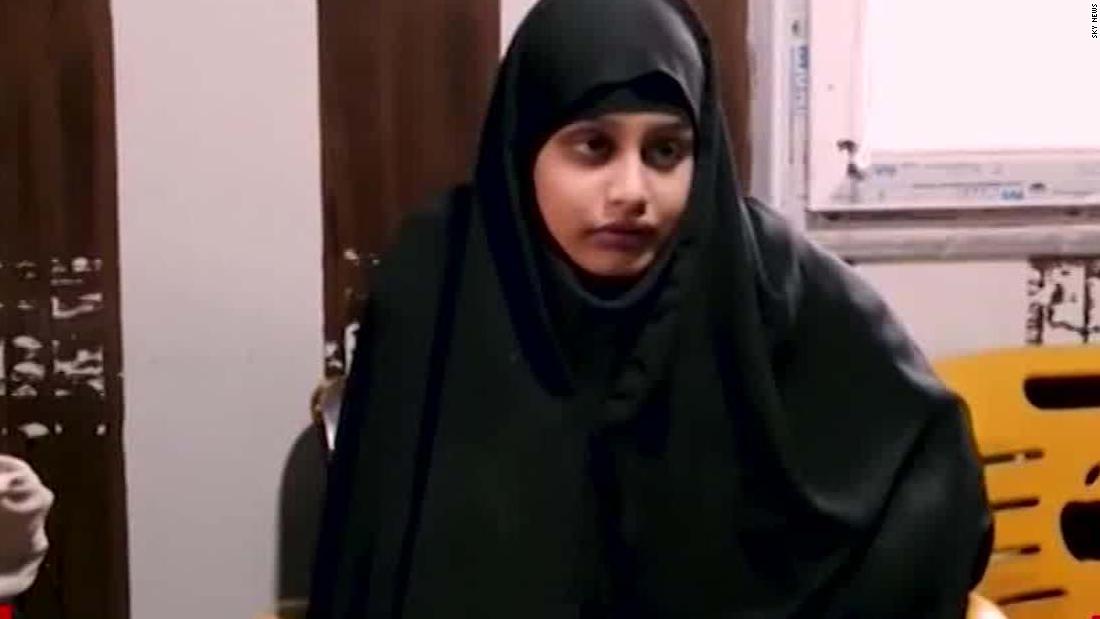
Supreme Court president Lord Robert Reed said the UK Court of Appeal made four mistakes last year when it ruled that Begum would be allowed to return to the UK to pursue her appeal.
Begum was 15 years old when she left the UK with two school friends in 2015 to join ISIS in Syria. She was stripped of her British citizenship by then-Home Secretary Sajid Javid on 19 February 2019 when she was discovered in a Northern Syrian refugee camp.
According to Reed, the Court of Appeal was mistaken in holding that Begum’s right to be heard must prevail over other competing rights.
“The right to a fair hearing does not trump all other considerations, such as the safety of the public,” said Reed.
The UK appeals court ruled last year that Begum should be allowed to enter the UK for her appeal, otherwise it would not be a “fair and effective hearing”.
Reed added that the Court of Appeals did not give the Home Secretary’s assessment of the requirements to enter the UK “the respect it deserved,” adding that the court made its “own assessment of the requirements” despite a “lack of relevant evidence”.
The Supreme Court also ruled that Begum’s appeal against the revocation of her UK citizenship should be “delayed” until she can participate without “endangering public security”.
In his judgment, Reed said Begum is currently being held in a camp in Syria. This is “not a perfect solution because it is not known how long it may take to do so,” he said.
“There is no perfect solution to a dilemma of its current kind,” added Reed.
The decision to revoke Begum’s citizenship has come under fire from both human rights activists and legal experts who allege the revocation made her stateless and jeopardized her right to a fair appeal.